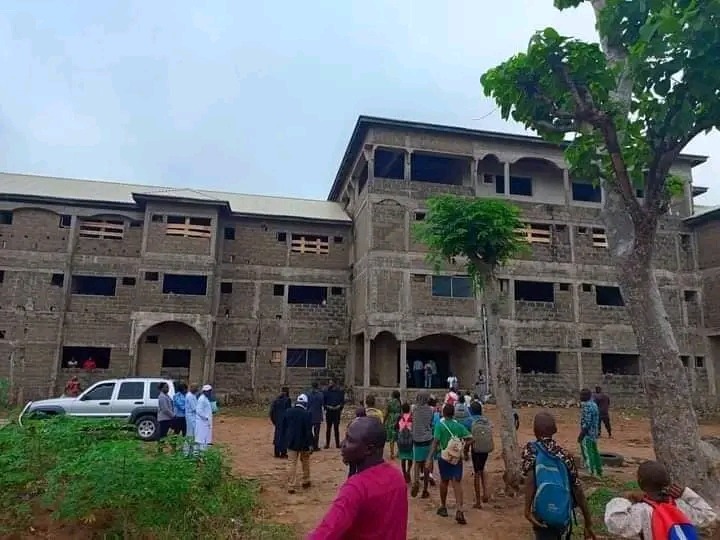The recent closure of the Benedictine Order Academy Nyiman by the Benue State Government, through the Bureau for Education Quality Assurance (BEQA), has raised significant concerns regarding the delicate balance between ensuring quality education and safeguarding livelihoods. While we fully support the government’s commitment to maintaining high standards in the educational sector, we cannot overlook the broader socio-economic implications of this closure, particularly for the staff and graduates employed by the school.
It is important to recognize that the Benedictine Order Academy, despite its shortcomings, has been a source of employment for several graduates in our state. These individuals, many of whom may have struggled to find opportunities elsewhere, now find themselves without jobs. The sudden closure of the school has not only disrupted the education of its 942 students but has also left these dedicated teachers and staff facing an uncertain future. With rising unemployment, this decision, though justified in principle, carries a heavy burden for these newly redundant workers and their families.
We must also acknowledge the reality that some government schools in the state are operating under subpar conditions. Inconsistent facilities, lack of teaching materials, and overcrowded classrooms plague many of these institutions. While the government is right to demand better from private educational providers, it is imperative to apply the same scrutiny to public schools, ensuring they too meet the necessary standards for conducive learning environments. A comprehensive approach is required, where all schools—both public and private—are subject to the same level of accountability.
As we seek to uphold the quality of education in Benue State, we urge the state government to consider the plight of the redundant workers of Benedictine Order Academy. These individuals have families to support and bills to pay. We call on the government to provide alternative employment opportunities for them or offer assistance in their professional development to ensure they can transition smoothly into other roles. Addressing their immediate needs is crucial in maintaining the very quality of life that good education seeks to promote.
In closing, while we stand with the government in its quest for quality education, we appeal for a balanced and compassionate approach—one that safeguards not just educational standards but also the livelihoods of the workers who dedicate their lives to teaching and nurturing future generations. Let us reform education in Benue State without leaving anyone behind.

















